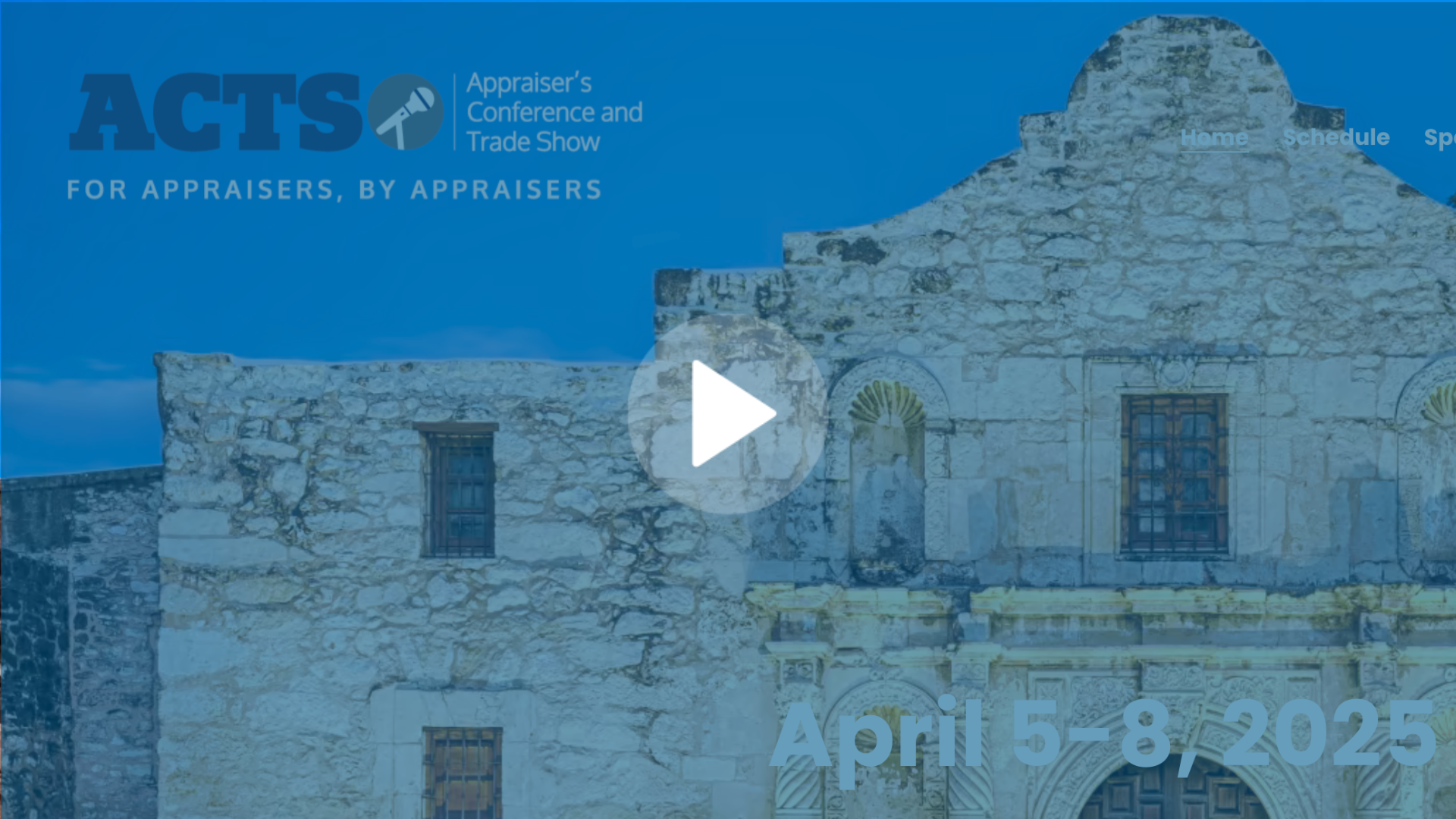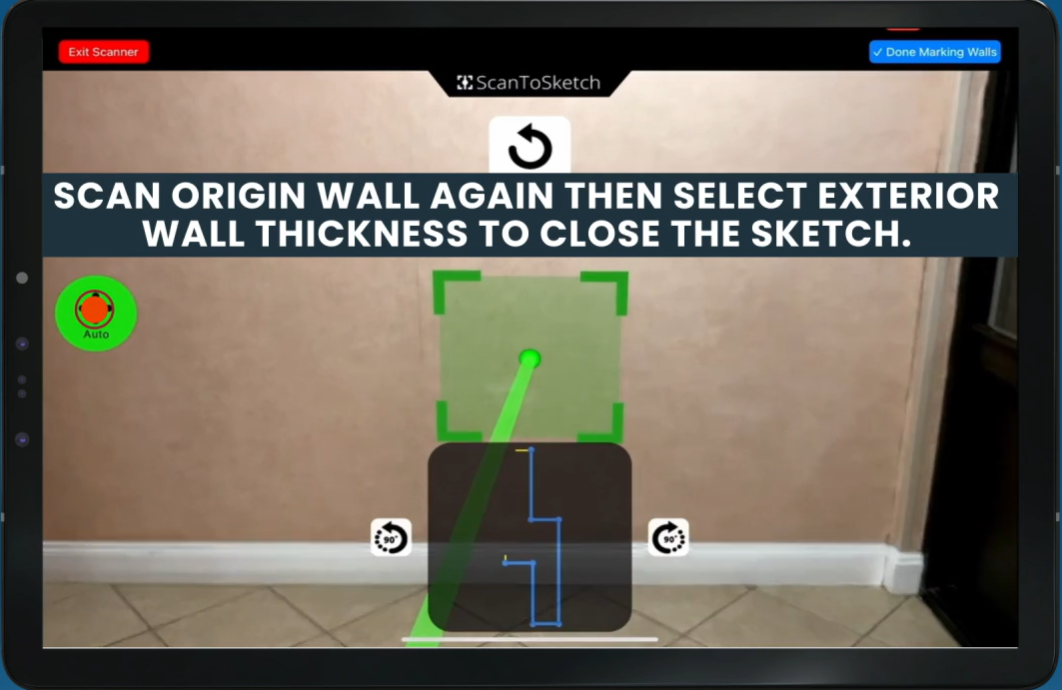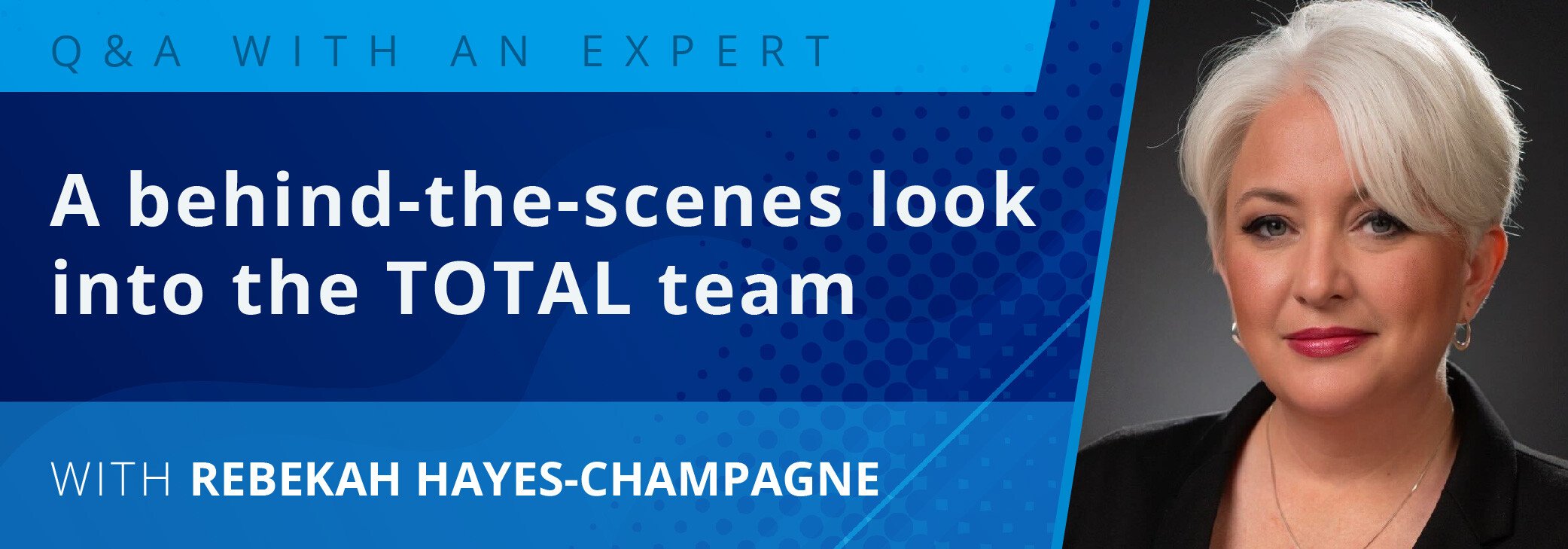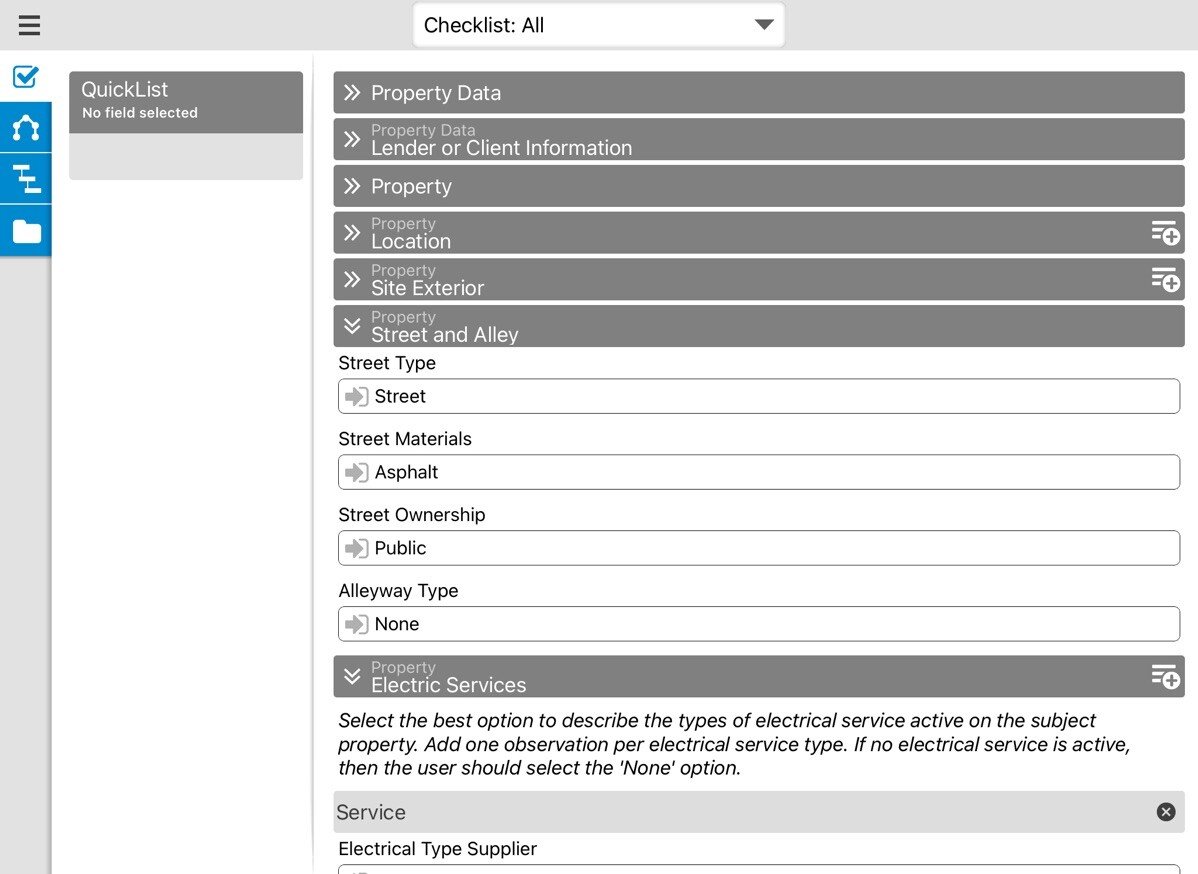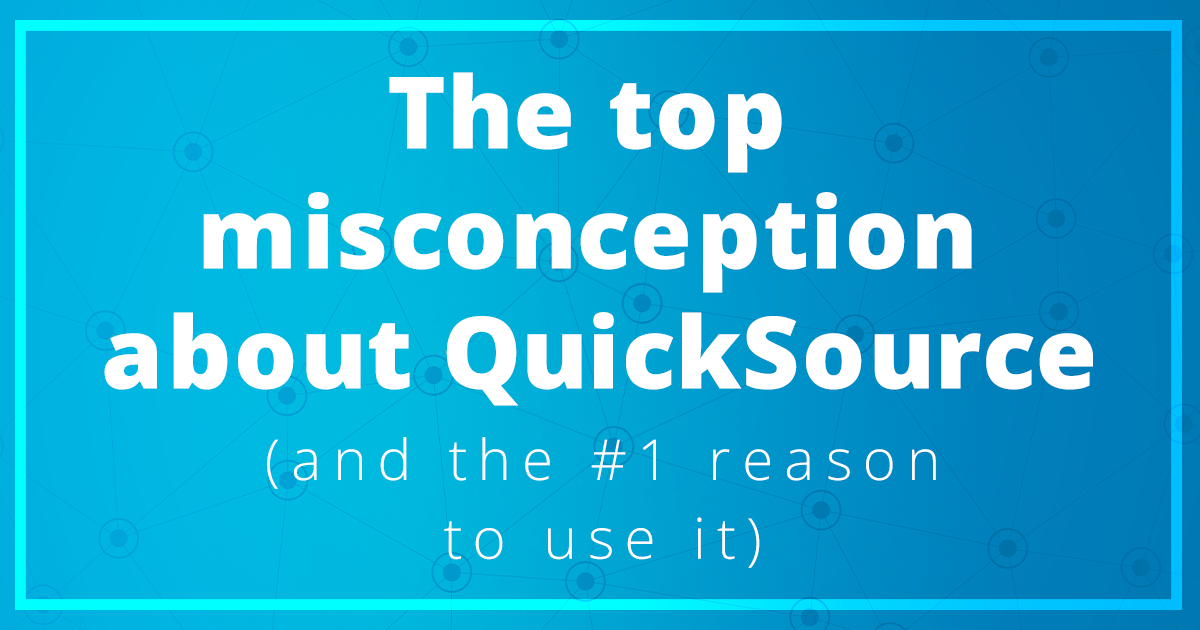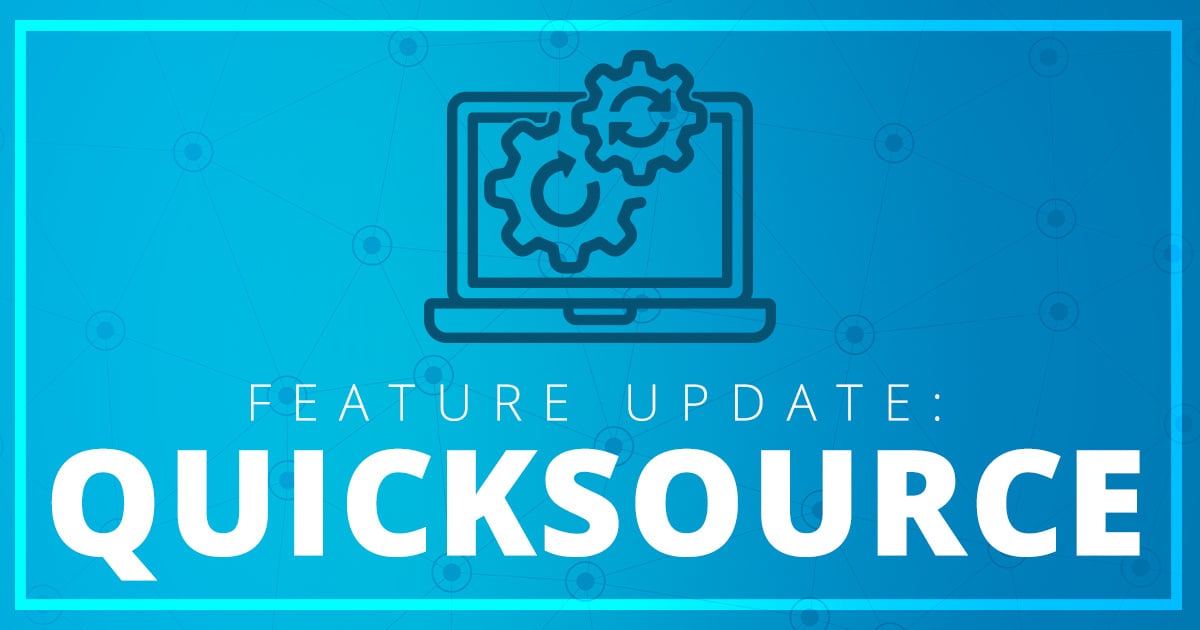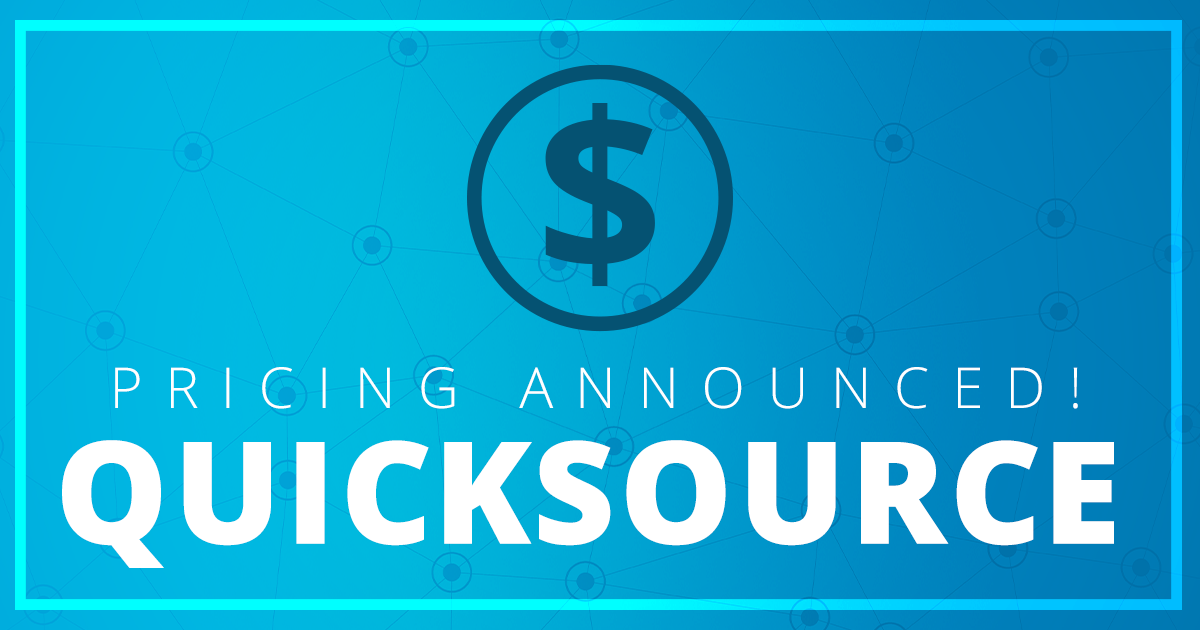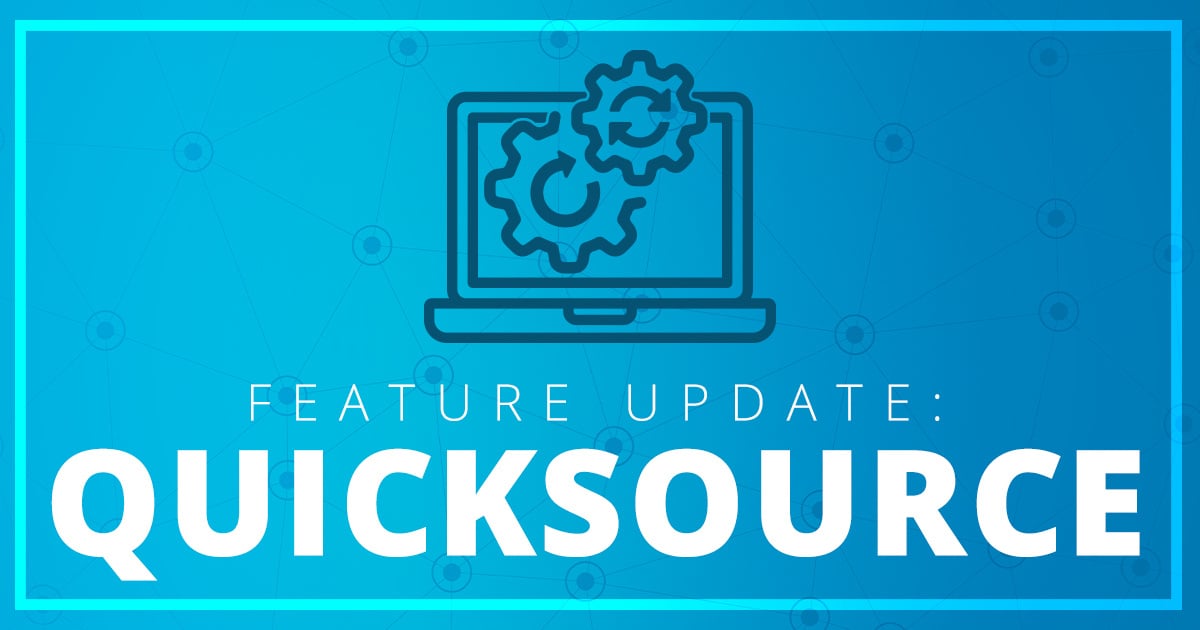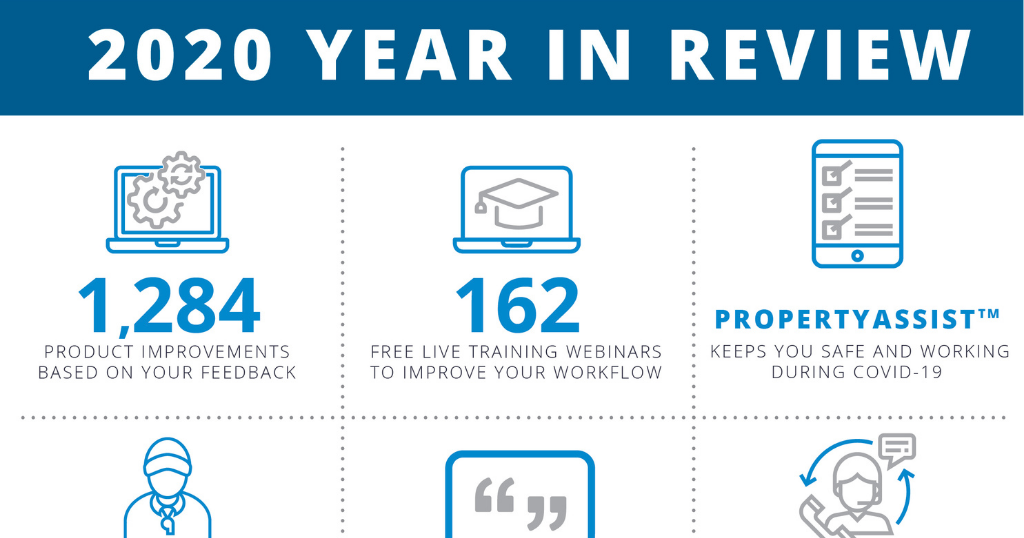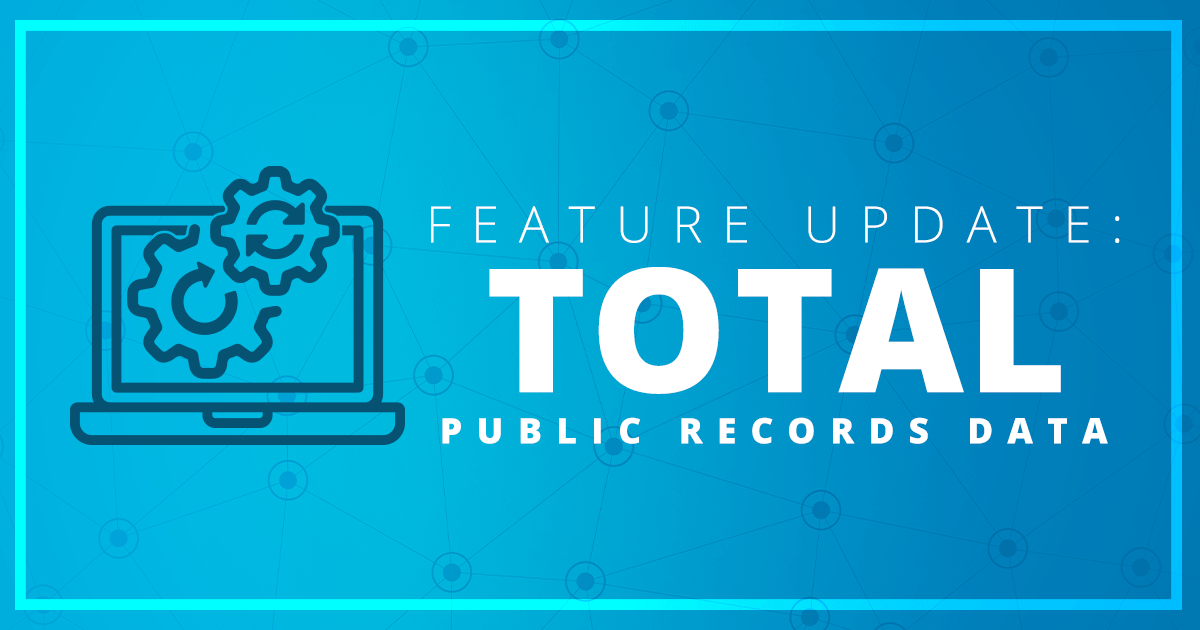Mortgages, car loans and business debt should become more expensive after the Open Market Committee of the Federal Reserve's decision to raise the federal funds rate – the rate that banks charge each other for overnight loans – by a quarter point. Mortgage rates, among other things, react to changes in the federal funds rate, which has been cut six times since the disaster of September 11, 2001. This week was the first time the rate has been raised since May 2000.
But while refinancing activity, which has been stratospheric in recent months and year, may finally slow, there has been great news about existing home sales, as well as new home sales – a leading indicator of resale activity.
The Census Bureau reported June 24 that new home sales skyrocketed 14.8 percent to an annualized rate of 1,369,000 homes. This was the highest annualized new homes rate ever recorded. At the same time, average and median new home prices fell to their lowest level in six months.
On June 25, the National Association of REALTORS® reported 6.80 million resales in May, staggering the consensus which had estimated a decrease from April to 6.50 million.
"Existing homes sales typically lag behind new home sales by one to two months," said Jason Schenker, an economist with Wachovia Securities. "New home sales are recorded when a deposit is placed, or a contract is signed, whereas an existing home is recorded as sold by the NAR only when it has closed – a process which takes one to two months." Considering, then, that new home sales climbed higher than ever in May, we may continue to see historically high resale figures in the coming couple months.

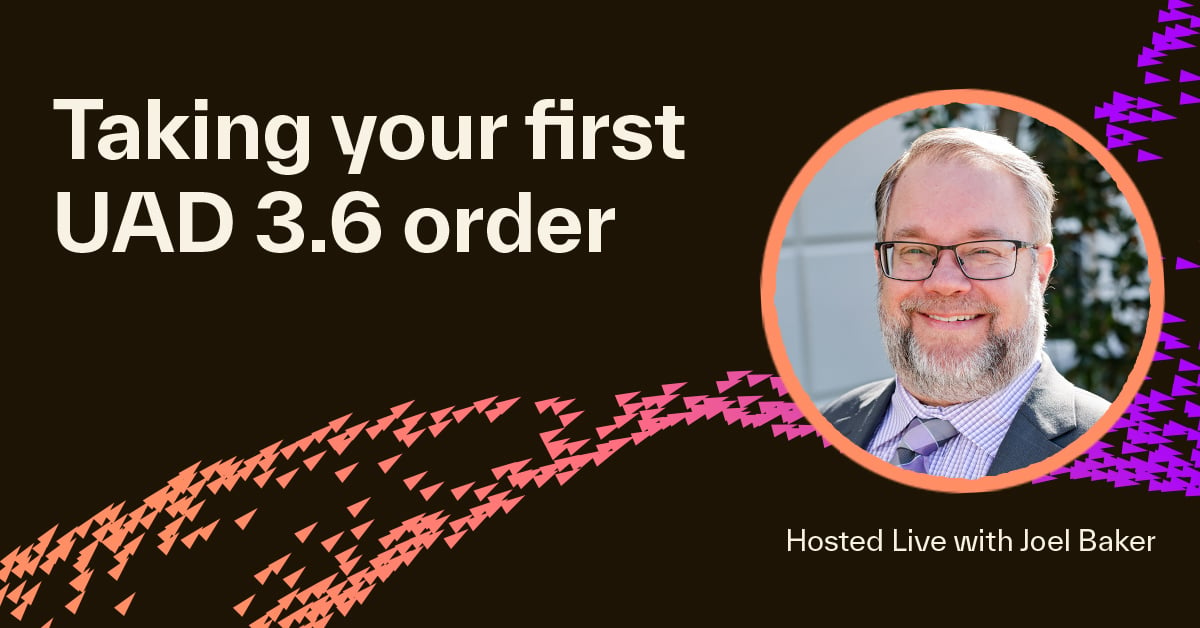

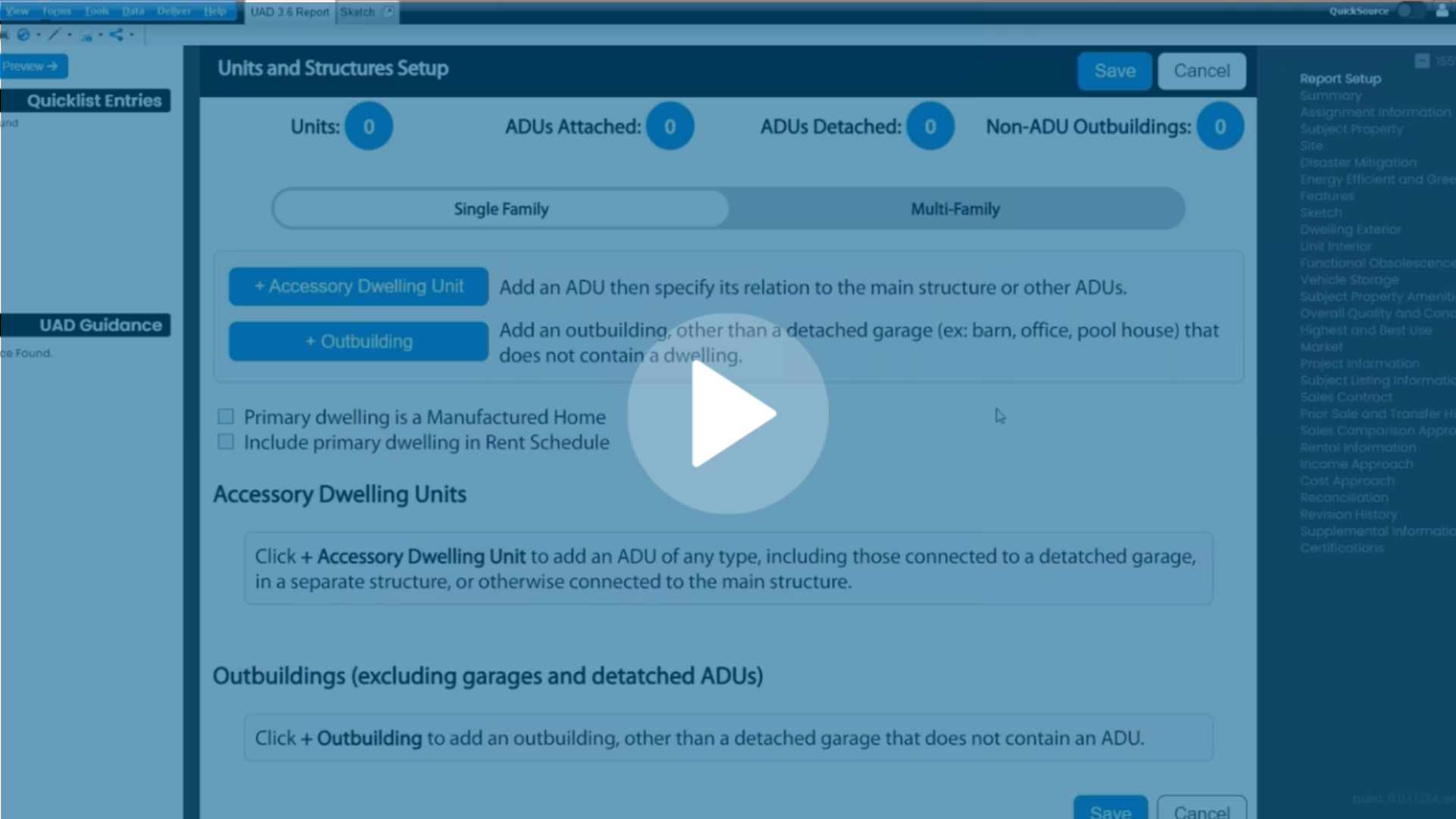
.png)
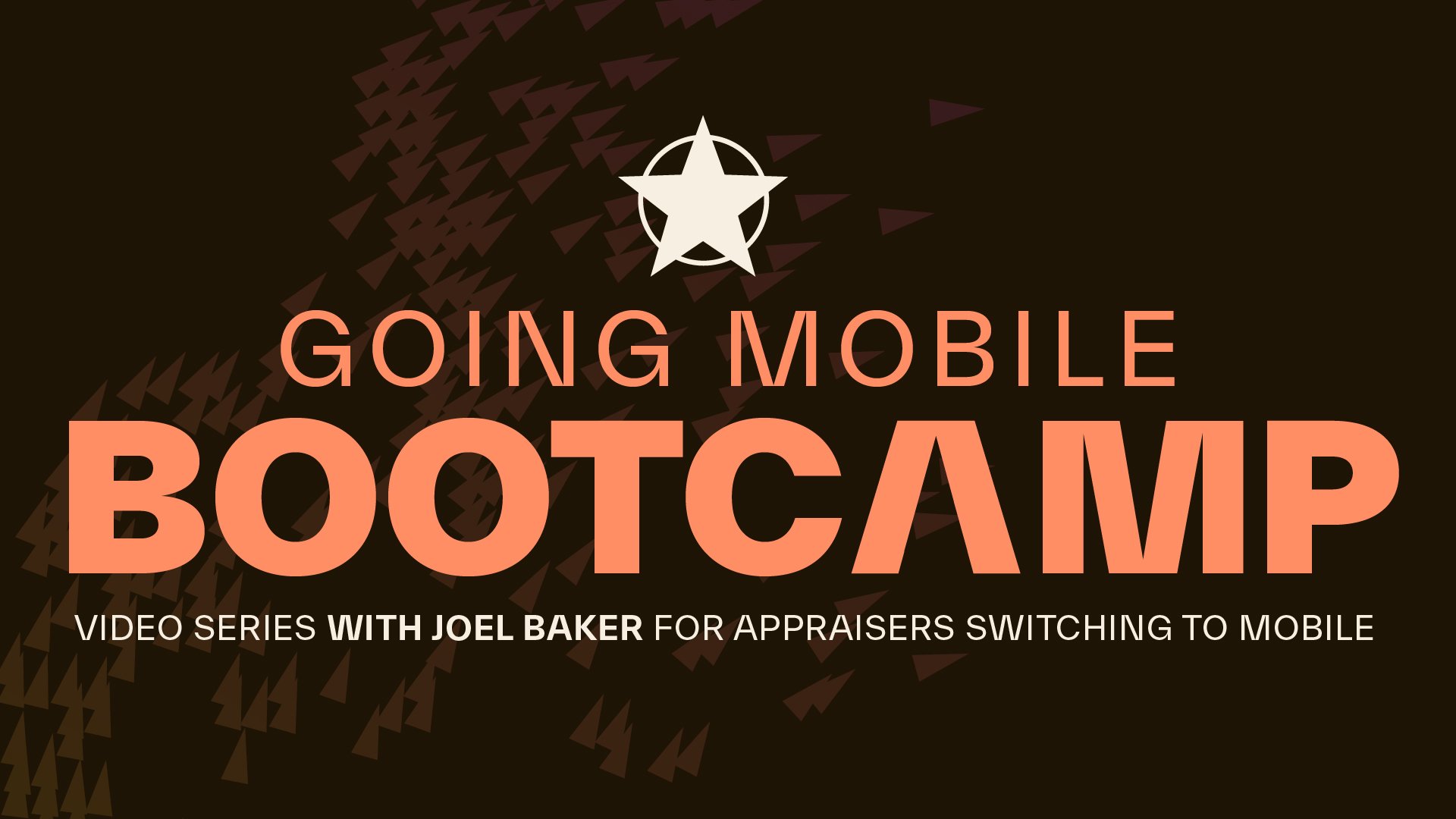
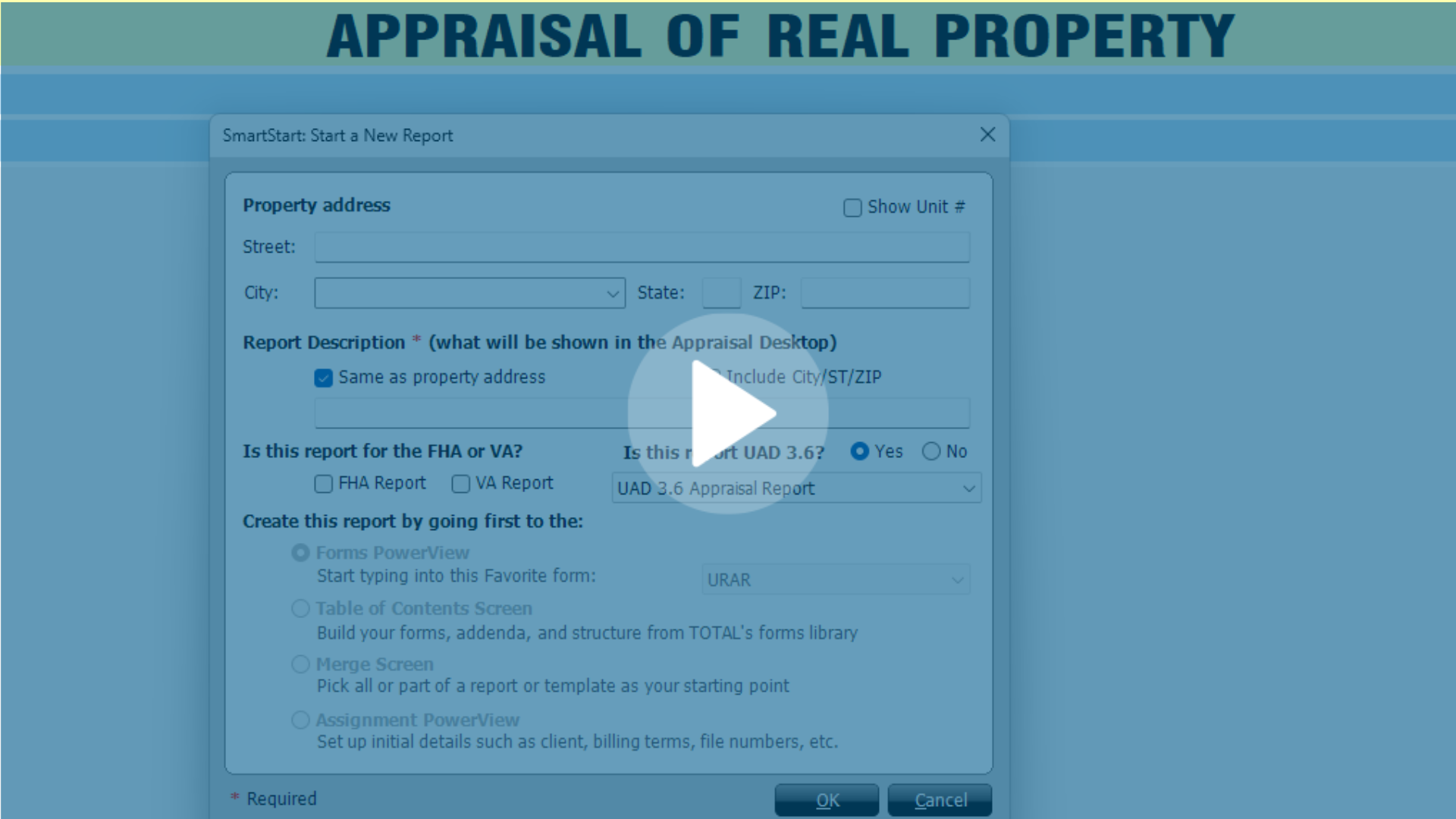
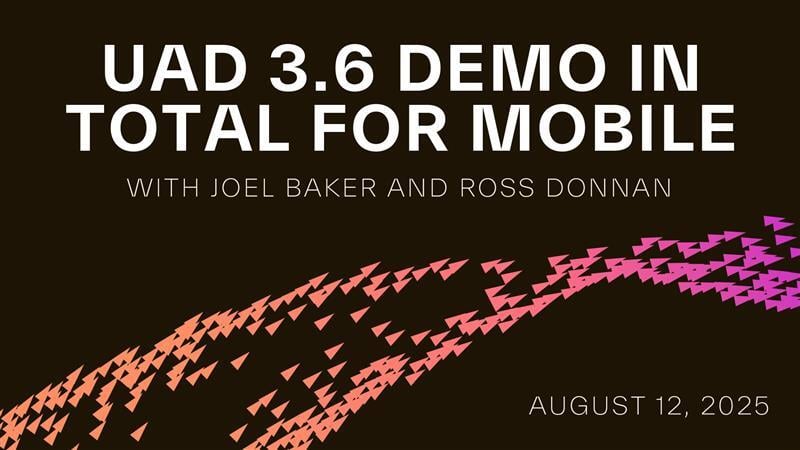

.png)
-1.png)
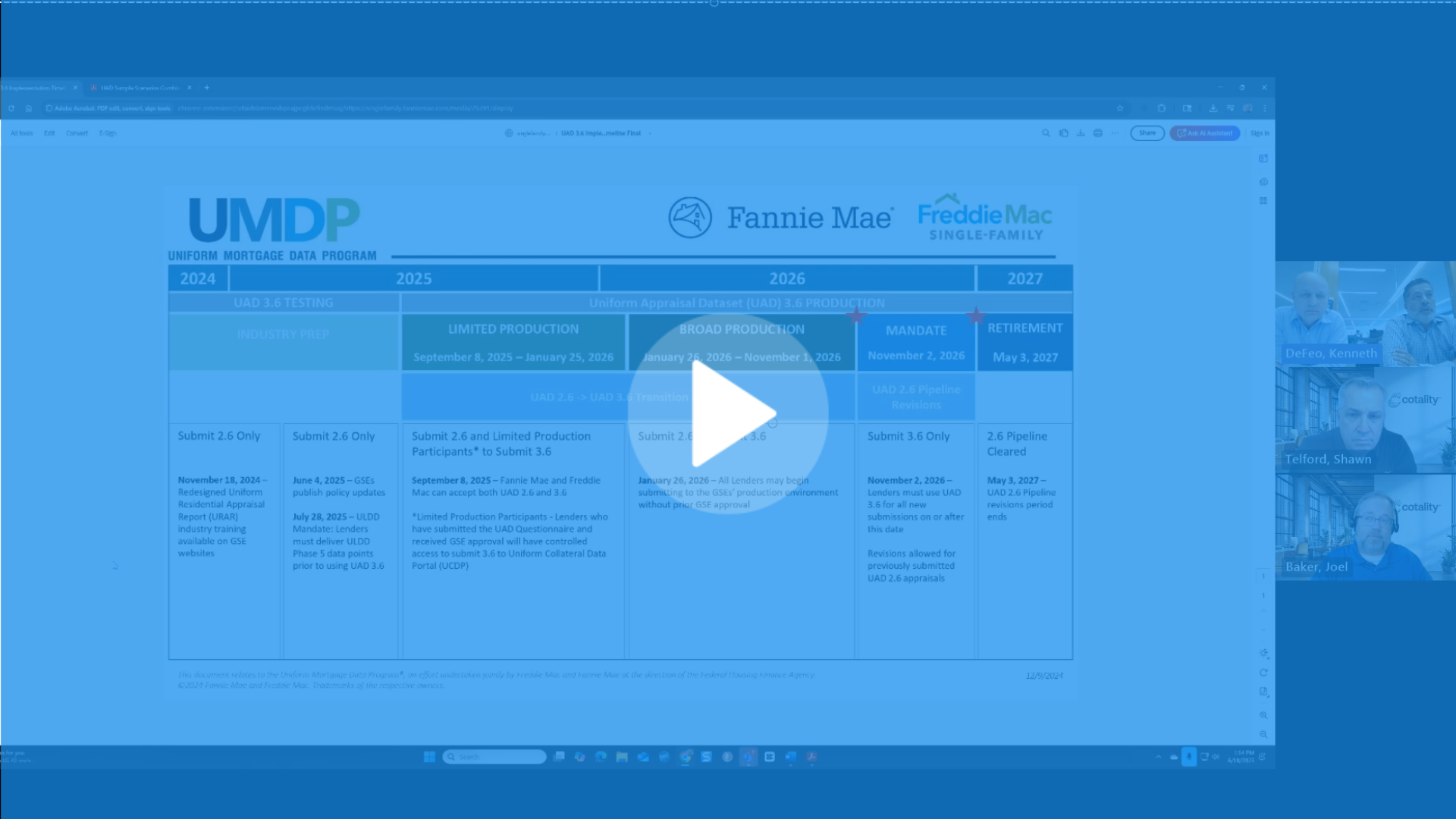
.png)
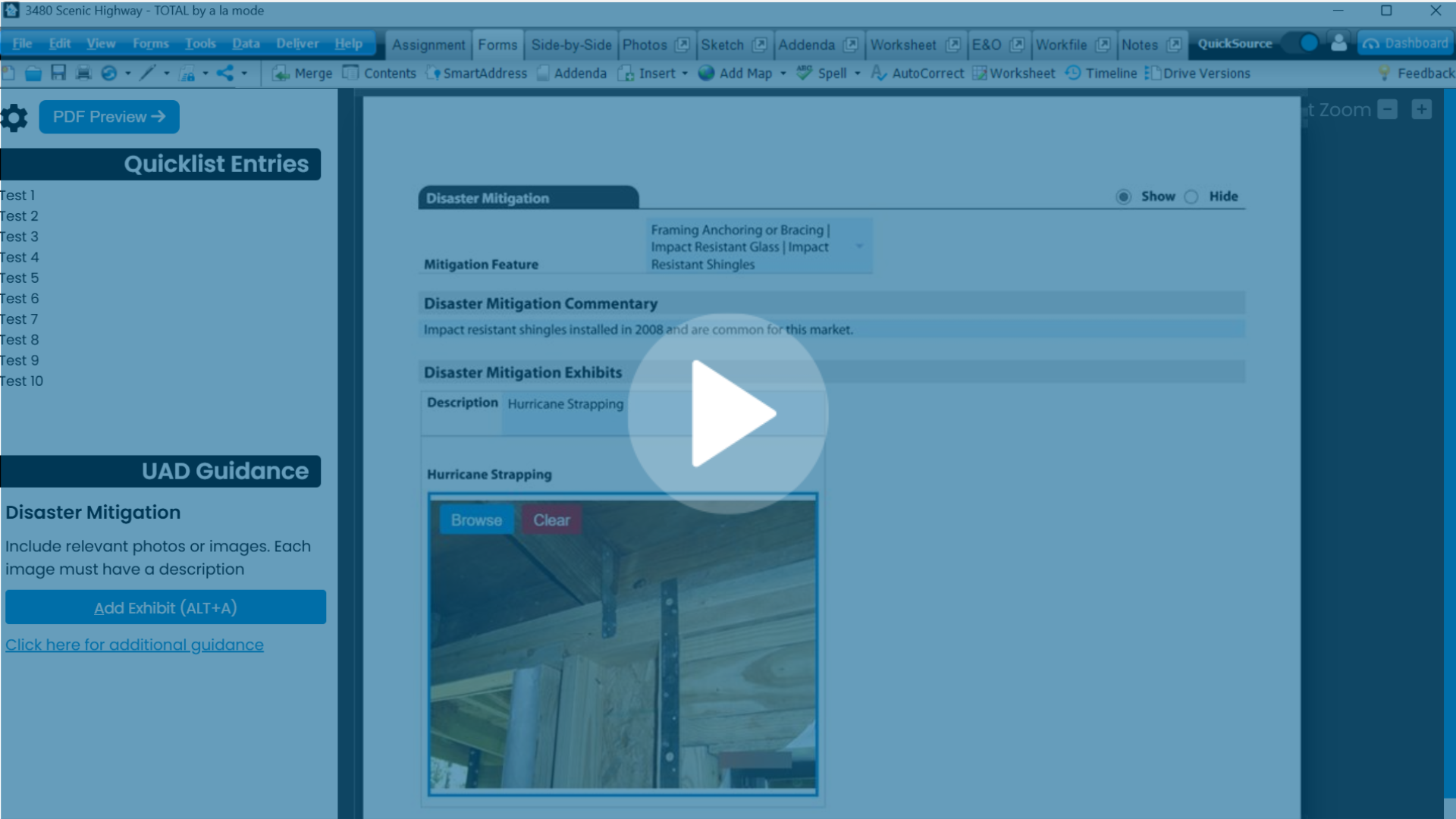
.png)
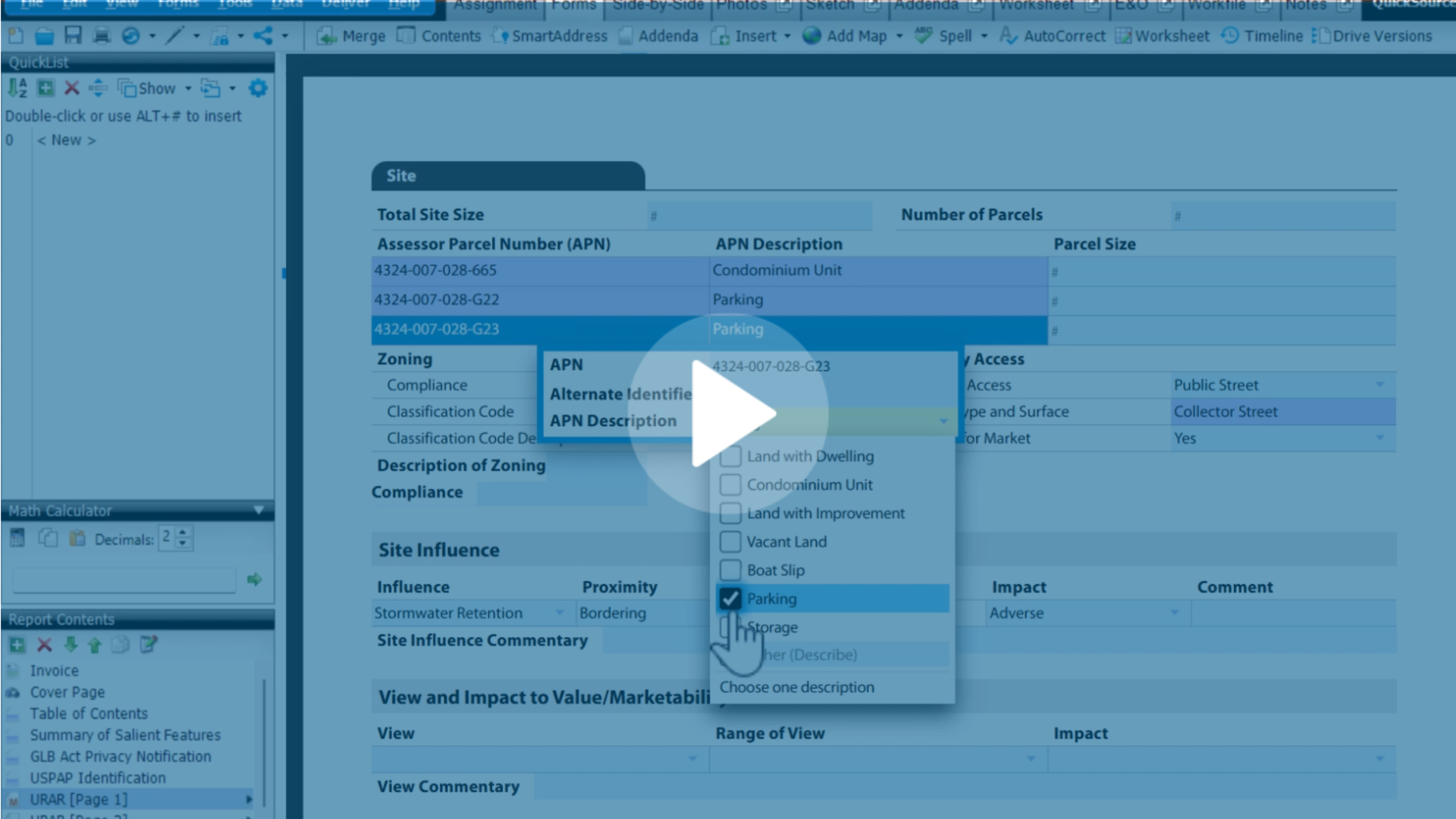
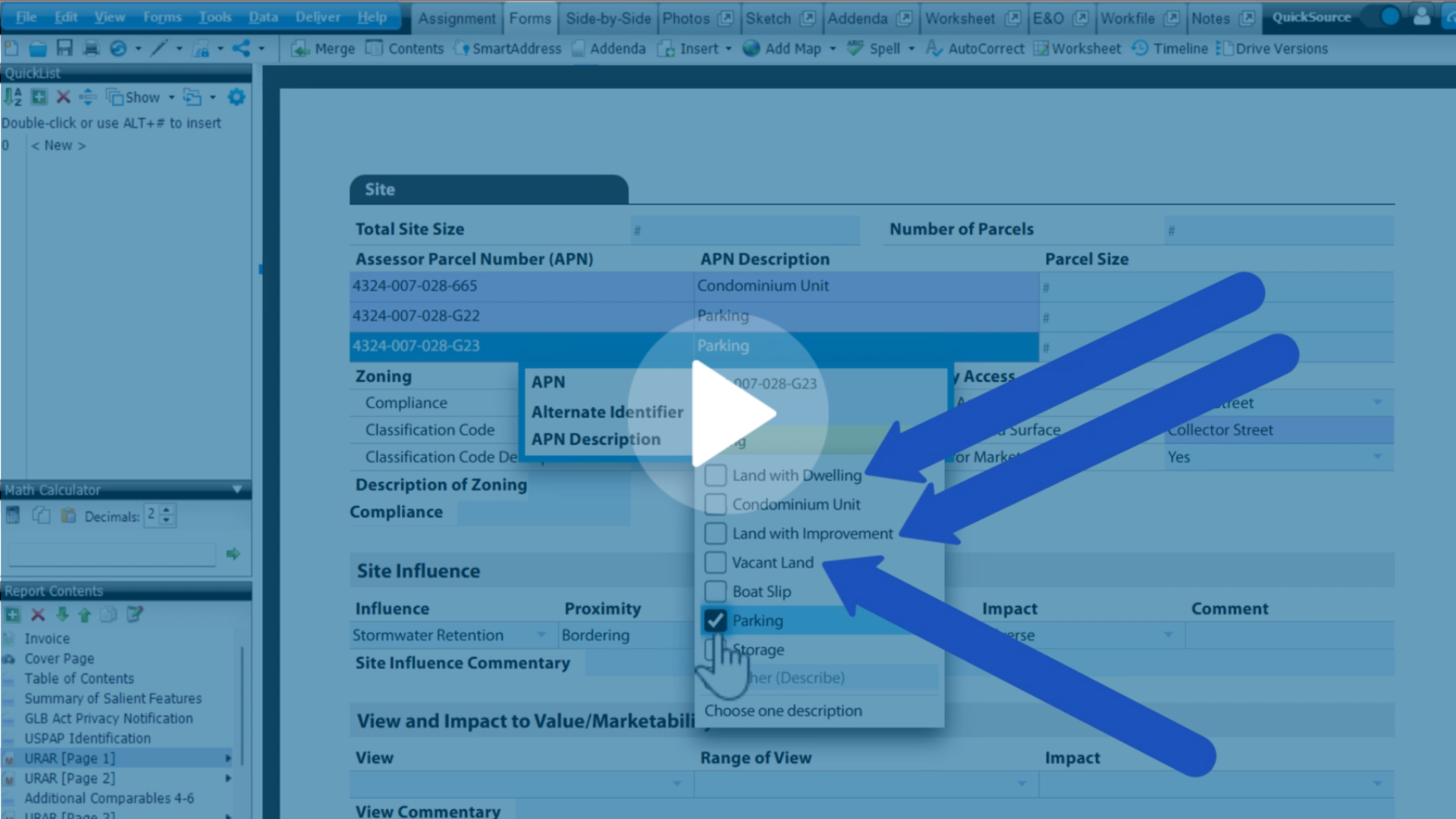
.png)
.png)
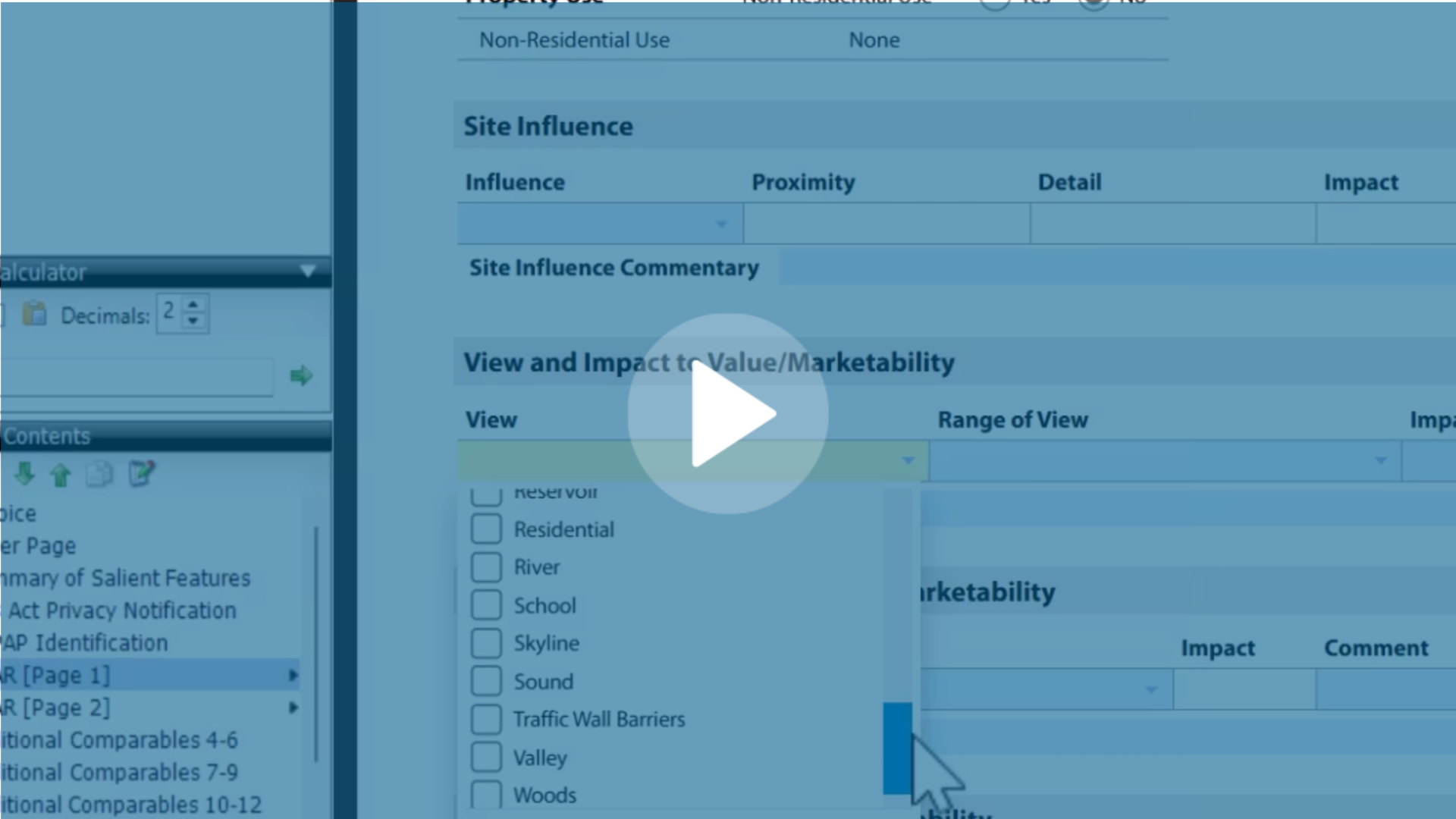
.jpg)
.png)
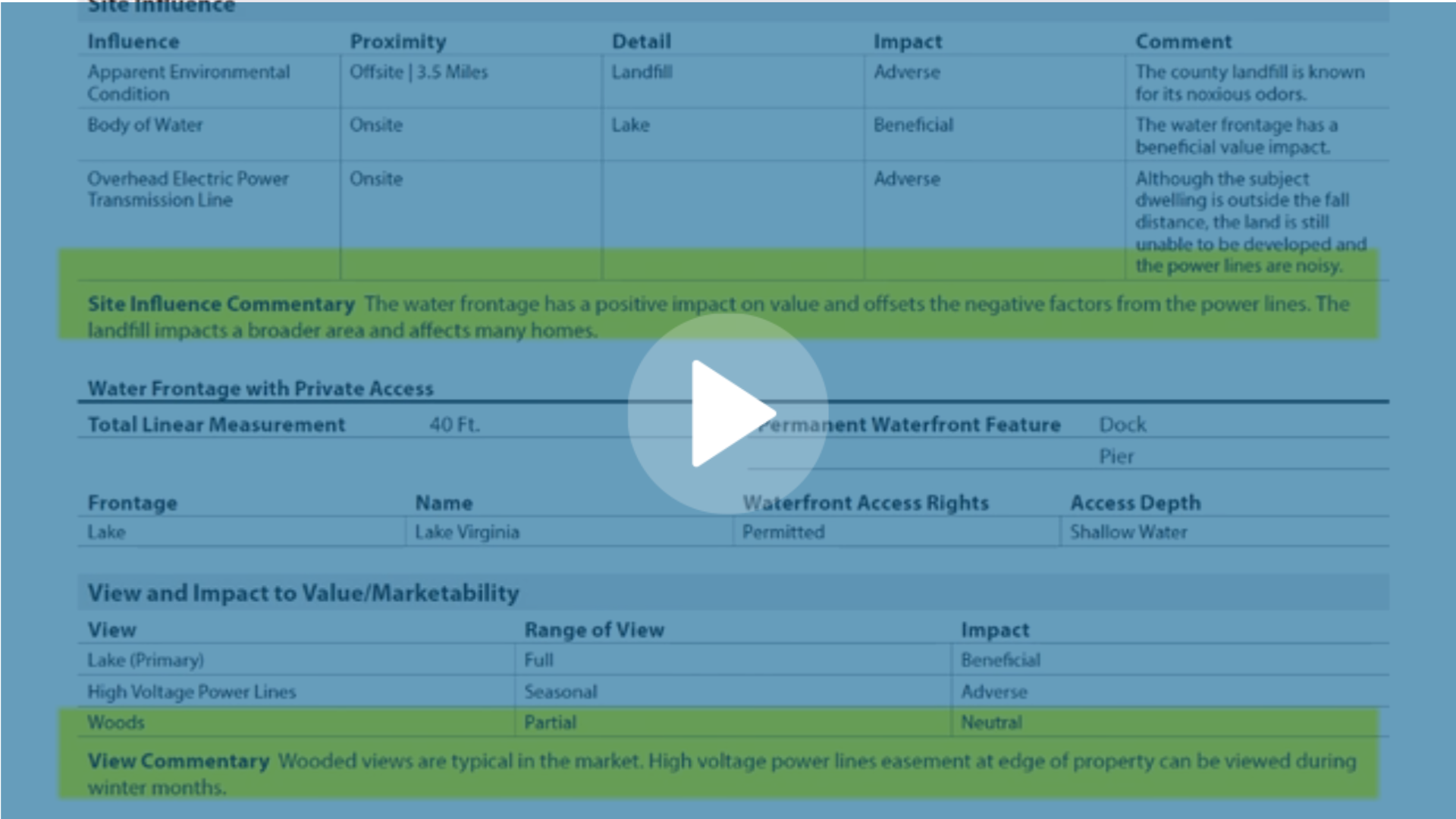
-1.png)
